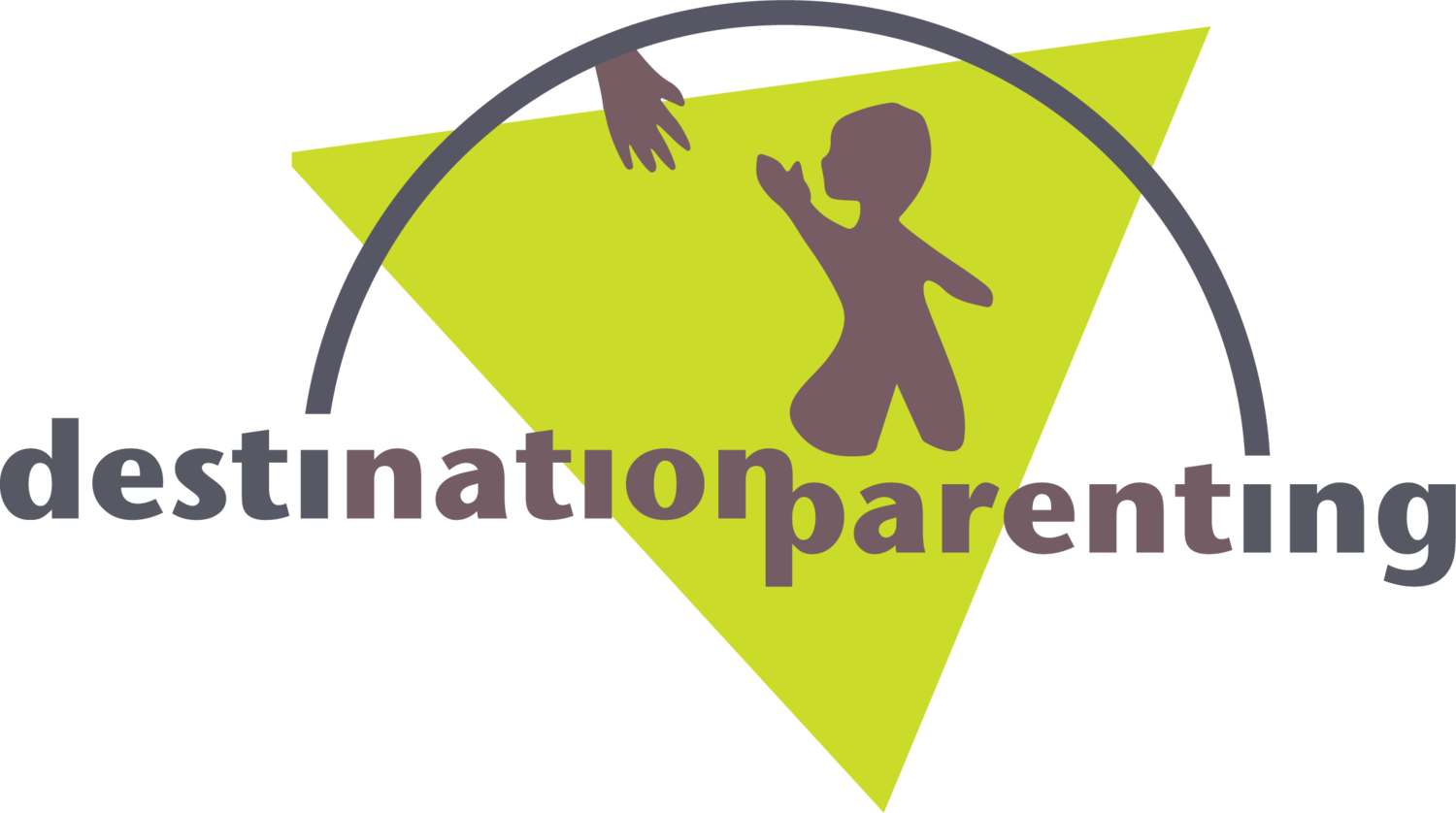What’s So Funny?
One of the joys of being a parent is watching your children‘s minds blossom over time. Sure, there’s the sheer pace at which kids acquire knowledge. Syllables turn into words, words turn into sentences, sentences turn into (unending) questions. Their curiosity alone puts most adults to shame and they have a seemingly endless ability to memorize trivial facts. What self-respecting 5 year old these days can’t name Pokemon characters by the dozen? But parents often overlook a more subtle change that gradually occurs in their little ones – the development of a sense of humor.
At first, it is pretty simple to elicit laughter from kids. Most anyone can get an infectious giggle by blowing raspberries at a baby or making silly faces to a toddler. Essentially any behavior that is unexpected from adults can make them pay attention and generate at least a smirk. In those cases, the child is essentially an observer and not an active partner in the joke. Sometimes, a toddler will laugh due to something funny she did on her own, but usually it’s pretty basic, like a dropped toy that makes a surprising noise. At this phase the humor is almost accidental, but soon a toddler learns to repeat the action, to control it, and each time is as humorous as the last. While we adults would quickly tire of the joke, little children have an envious ability to find the same thing funny time and time again. I think there’s a lesson in that for many of us.
Preschool fun
By the preschool years, the humor has stepped up a level to include word play. Dr. Seuss-like rhymes are enchanting to kids at this age, and they like to make up their own. So, while spinning around in circles until you fall down is still good for a giggle, jokes and riddles are fun to hear and to create. Lame jokes, to be sure. You don’t have to set the bar much higher than the “knock-knock” variety to entertain young kids. What’s fun to watch is when they make up their own, nonsensical versions, often finding those even more hilarious.
I remember one videotape of my twins when they were 3 or 4, whispering “secrets” in each other’s ears to kill time while we were waiting for chocolate chip cookies to come out of the oven. One child would lean over and whisper importantly “psss…psss….psss” and then add the key phrase “poopy-head”. Gales of laughter ensued. Then his brother would return the favor and say “psss….psss….psss” pee-pee head” and they’d practically fall off the chair with laughter. While the humor was lost on me, I couldn’t help appreciate how they were sharing this lighthearted moment together to pass the time. So, even if all you’re hearing is potty jokes, two important things are going on. One, your child is no longer imitating but is now creating her own world of words. This is an important step in literacy. And two, she understands that making others laugh is a desirable outcome, which will serve her well in her wider social circles.
Laughing at or laughing with?
Eventually dealing with kids’ developing sense of humor can become more complicated. Young children might inadvertently embarrass their parents; for instance, laughing if they see someone trip and fall. Older children will laugh at things that horrify their parents, sometimes crossing the line from funny to hurtful, especially at the expense of other children. Part of our role as parents is to help them understand the boundaries of what is funny and what is not. The concept of what constitutes “laughing at” vs. “laughing with” is an important distinction to make.
We should never lose sight of the healing power of laughter, however. Whether we are making goofy noises to distract our toddler while we put on a Band-aid or we are making bad jokes to relieve the stress of a disastrous sports outing, we are helping our kids discover that life shouldn’t always be so serious. Nowadays, with the news full of wars, natural disasters and the omnipresent threat of terrorism, it can be difficult to find space in our olives to laugh. But it is essential. In their own way, kids have a lot to teach us. At some point most kids become fascinated with dark humor, and will often laugh at subjects (death, disaster) which really, deep down, probably frighten them. While our first instinct is inevitably to scold “That’s not funny!”, it is perhaps better to hang back as long as others are out of earshot. In most instances, they are probably just using humor as a coping strategy. This, used appropriately, is another lifelong skill that we adults often lose sight of.
So, while your kids are still young enough, grab a joke book out of the library and spend a few precious minutes reading them aloud to one another. Some pages will elicit groans, some will tickle the funny bone of one or the other of you, but a few gems will actually crack you both up. How much fun is that?
*********************************
Maureen O’Brien, PhD is a developmental psychologist and mother of twins who lives in Boston. She lectures and consults on child development and parenting issues and is the author of the parenting series, Watch Me Grow: I’m One-Two-Three.



